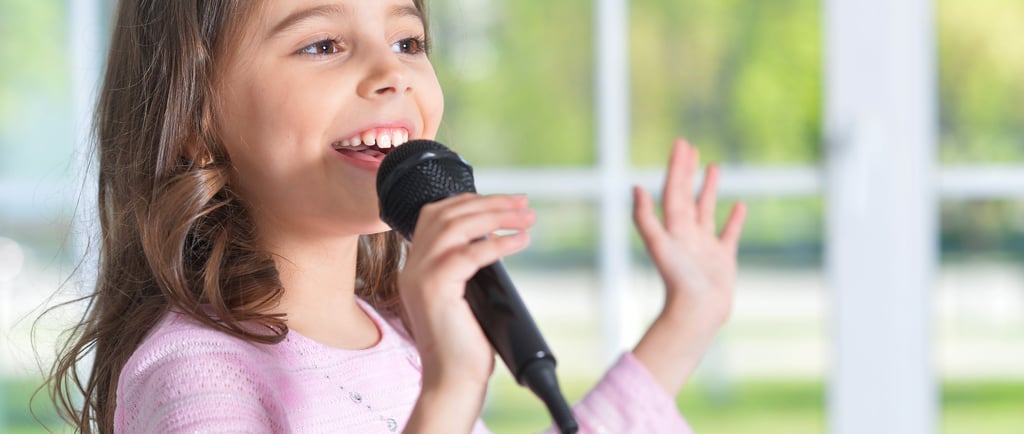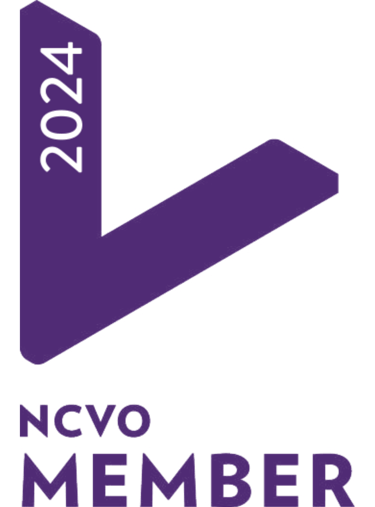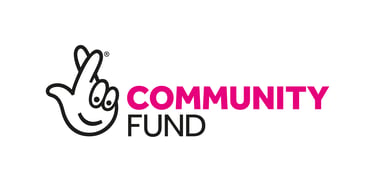The Silent Collapse: When Marginalized Dreams Go Unheard
What happens when dreams don't happen for musicians and artists alike. This blog talks about dreams not just being dreams but a lifeline to purpose and existence.


The Silent Collapse: When Marginalized Dreams Go Unheard
For many people, dreams are more than aspirations—they are lifelines, offering hope and purpose. But for marginalized individuals, especially young people and artists, these dreams can often feel like unattainable illusions. The lack of opportunity, systemic barriers, and the weight of societal judgment can lead to a devastating mental collapse—a silent, invisible suffering that robs them of not only their dreams but their sense of self.
The Weight of Being Marginalized
Marginalization often begins with exclusion—social, economic, or cultural. For young people and artists from underserved communities, the doors to opportunity are often locked, leaving them on the outside looking in. Resources are scarce, connections are limited, and recognition often goes to those with access and privilege. This exclusion creates a cycle of despair, where the belief in one’s ability to succeed erodes over time.
Imagine possessing a burning passion for music, art, or storytelling but having no access to instruments, mentors, or platforms to showcase your talent. Over time, the once-vivid dream dims under the weight of repeated rejections and systemic neglect.
The Toll on Mental Health
The inability to pursue one’s passion doesn’t just stifle creativity; it crushes the spirit. Marginalized individuals often face:
Chronic Stress
The constant battle against barriers—financial insecurity, discrimination, and limited support—creates a state of chronic stress. Over time, this stress manifests in anxiety, depression, and feelings of hopelessness.Imposter Syndrome
For those who manage to gain a foothold in the arts, the lack of representation can make them feel like imposters in spaces dominated by privilege. They may question their own worth, doubting whether they belong, even when their talent is undeniable.Isolation
Without a community that understands their struggles, marginalized individuals can feel isolated. This loneliness compounds mental health challenges, leaving them without a support system to lean on.Loss of Identity
The inability to express oneself through art can strip individuals of their identity. For many, creative expression is not just a career choice but a way to define who they are. When that outlet is denied, they may feel lost and disconnected from their true selves.
The Ripple Effect
The collapse of an individual’s mental health doesn’t just affect them—it impacts their families, communities, and society at large. When we fail to nurture the potential of marginalized artists and dreamers, we lose voices that could challenge the status quo, inspire change, and bring beauty into the world.
What Can Be Done?
To prevent this collapse, we must actively create opportunities for marginalized individuals to thrive:
Access to Resources
Programs that provide instruments, studio space, art supplies, and training can make a world of difference.Mentorship and Guidance
Representation matters. Mentors who share lived experiences can help young people navigate challenges and build confidence.Mental Health Support
Providing access to counseling and mental health resources ensures that individuals can process their struggles in healthy ways.Platforms for Expression
Showcasing diverse voices in the arts validates their experiences and helps them feel seen and heard.
A Call to Action
The mental collapse of marginalized individuals is not inevitable. It is a consequence of a society that prioritizes privilege over potential. By addressing these systemic barriers and offering support, we can transform despair into hope, silence into song, and dreams into reality.
At Musolistic.org, we are committed to breaking this cycle. We believe in the power of the arts to heal, empower, and unite. Together, we can ensure that no dream is left unheard and no individual is left behind.
















